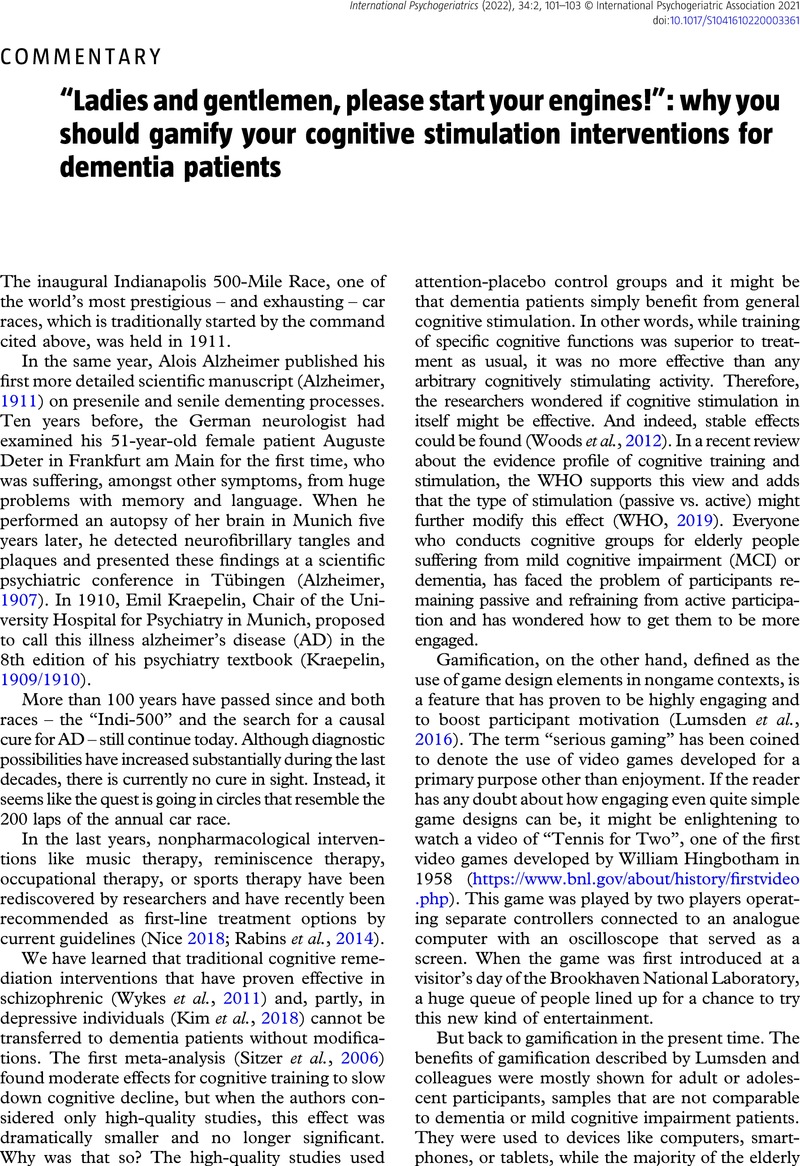Crossref Citations
This article has been cited by the following publications. This list is generated based on data provided by Crossref.
Trapp, Wolfgang
Heid, Andreas
Röder, Susanne
Wimmer, Franziska
and
Hajak, Göran
2022.
Cognitive Remediation in Psychiatric Disorders: State of the Evidence, Future Perspectives, and Some Bold Ideas.
Brain Sciences,
Vol. 12,
Issue. 6,
p.
683.



